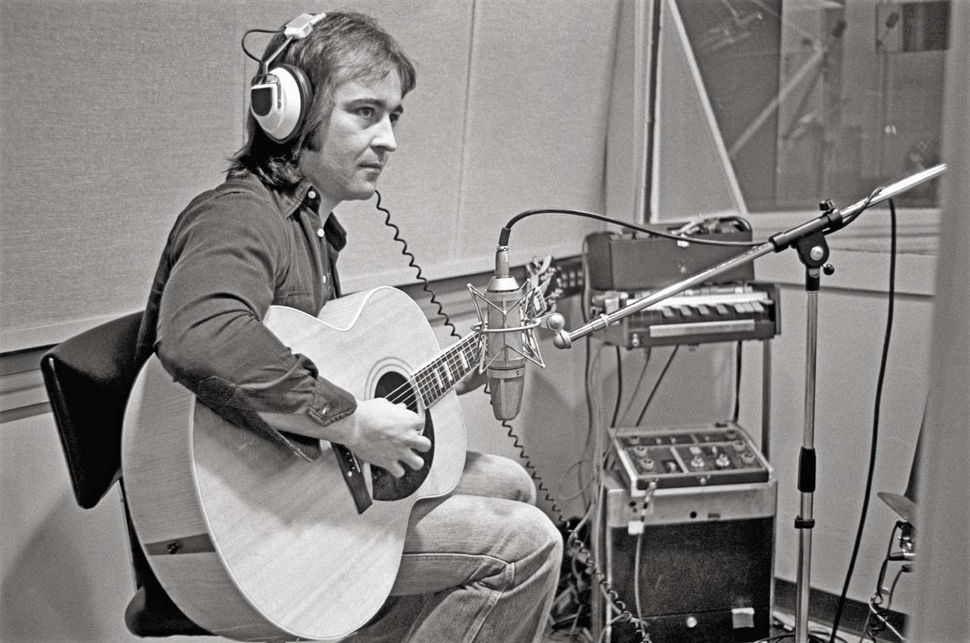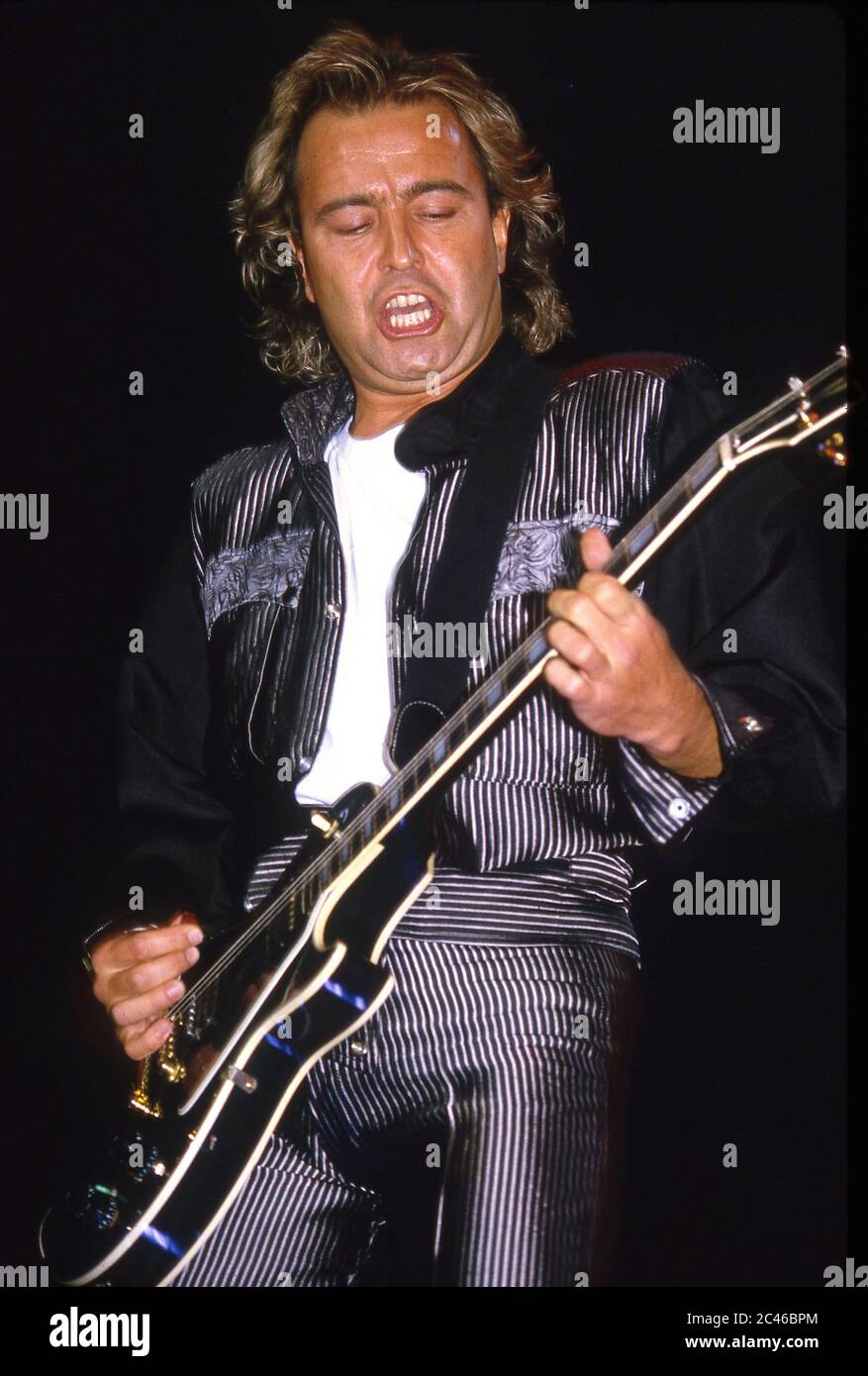

They’re the platonic ideal of the band you hear all the time on the radio because you never bother to change the station when one of their songs comes on.īy 1985, Foreigner’s lineup had shifted a bunch of times. But Foreigner were craftsmen, consummate professionals. I don’t think Foreigner ever did I can’t name one Foreigner song that I love. Some of Foreigner’s studio-rock peers, bands like Journey and Boston, had isolated moments of greatness. (I’m especially fond of 1981’s cinematic, proudly ridiculous “ Juke Box Hero,” which sadly only made it to #26.) Foreigner’s style could get exhausting at album length, but it made for some fun singles.

MICK JONES FOREIGNER PROFESSIONAL
The rest of the band played with a slick, professional crunch, and they were never afraid of synth textures or dramatic backup harmonies. Gramm sang everything in a strangulated white-blues yowl. So Jones instead named them Foreigner, figuring that, wherever they went, at least half the band would be foreigners.įoreigner’s sound was a big, loud, unashamed take on ’70s arena-rock. They wanted to call themselves Trigger, but a different band already had that name. That’s a different Mick Jones.) The new band was a six-piece - three Americans and three Brits. Maybe I should also clarify that the Foreigner Mick Jones is not the Mick Jones from the Clash and Big Audio Dynamite. (To be clear: Lou Gramm had not been in the Native Tongues-affiliated New York rap group who peaked at #57 with “The Choice Is Yours.” That’s a different Black Sheep. Jones and McDonald auditioned a bunch of different singers before they found Lou Gramm, a guy from Rochester who’d been in a band called Black Sheep. Jones and McDonald decided to form a band. After moving to New York, Jones met Ian McDonald, a former member of King Crimson, at a session for the “ Brother Louie” singer Ian Lloyd. After that, he’d joined Gary Wright’s band Spooky Tooth. Then he’d spent years in France, playing with the French star Johnny Hallyday. As a teenager in the early ’60s, Jones had been a member of an instrumental rock ‘n’ roll band called Nero And The Gladiators. All they had to do was come up with a power ballad even more grandly drippy than “Waiting For A Girl Like You.”īefore Foreigner, the British guitarist Mick Jones had been a journeyman for a long, long time. (I’m not going to give “Waiting For A Girl Like You” a score right now, for reasons that will be apparent in a few weeks.) Four years later, though, Foreigner had their moment.

(“Double Vision” is a 6.) With 1981’s grandly drippy “ Waiting For A Girl Like You,” the band again made it to #2, and the song stayed in that spot for 10 weeks, stuck first behind Olivia Newton-John’s “ Physical” and then Daryl Hall and John Oates’ “ I Can’t Go For That (No Can Do).” To this day, “Waiting For A Girl Like You” holds a bittersweet chart record: It’s the single that spent the longest at #2 without ever getting to #1. With 1978’s hornily frustrated rocker “ Double Vision,” Foreigner ascended as high as #2. (“Feels Like The First Time” is a 7.) Over the next four years, Foreigner landed six-different top-10 singles. With their very first single, 1977’s breezy and blandly muscular singalong “ Feels Like The First Time,” Foreigner made it up to #4. Just before MTV first began to reshape America’s taste in pop music, Foreigner had been one of the biggest bands in the world. The public still wanted power ballads, and those bands were still around to supply them.

And once that first burst of MTV dazzle started to wear off, plenty of those one-word bands came surging back onto the charts. The invention of MTV made things a bit more complicated for arena-rock institutions like Journey and Boston, but those bands kept moving units in the ’80s. The semi-anonymous studio-rockers of the late ’70s did not disappear in a puff of smoke the first time Michael Jackson hit the moonwalk. In The Number Ones, I’m reviewing every single #1 single in the history of the Billboard Hot 100, starting with the chart’s beginning, in 1958, and working my way up into the present.


 0 kommentar(er)
0 kommentar(er)
